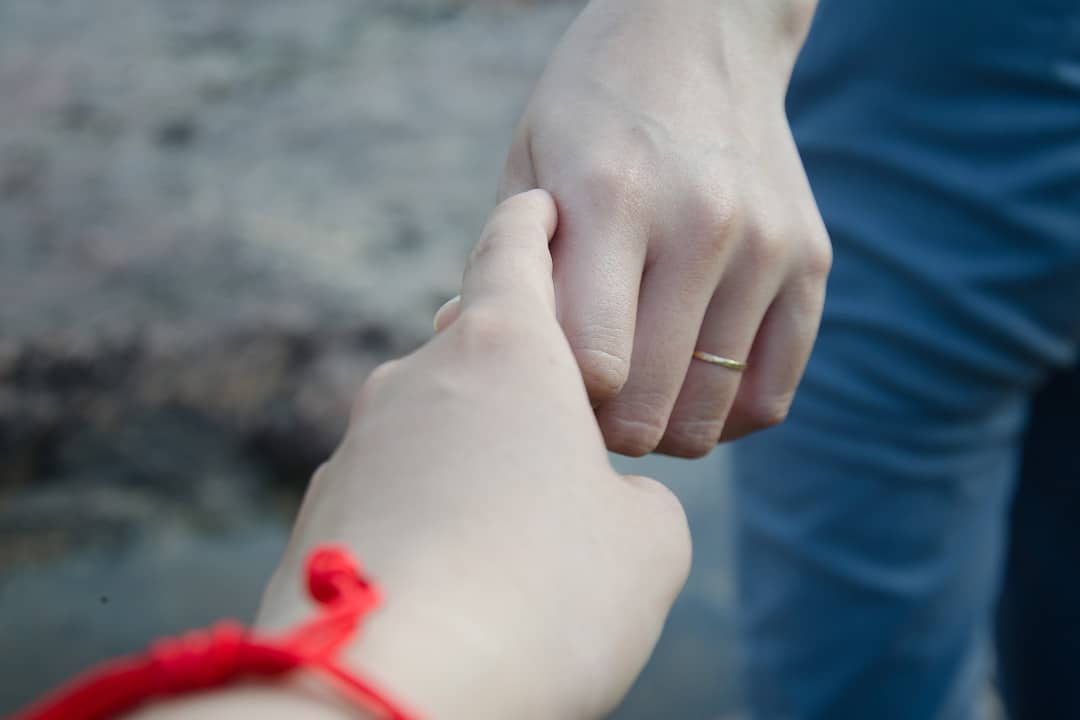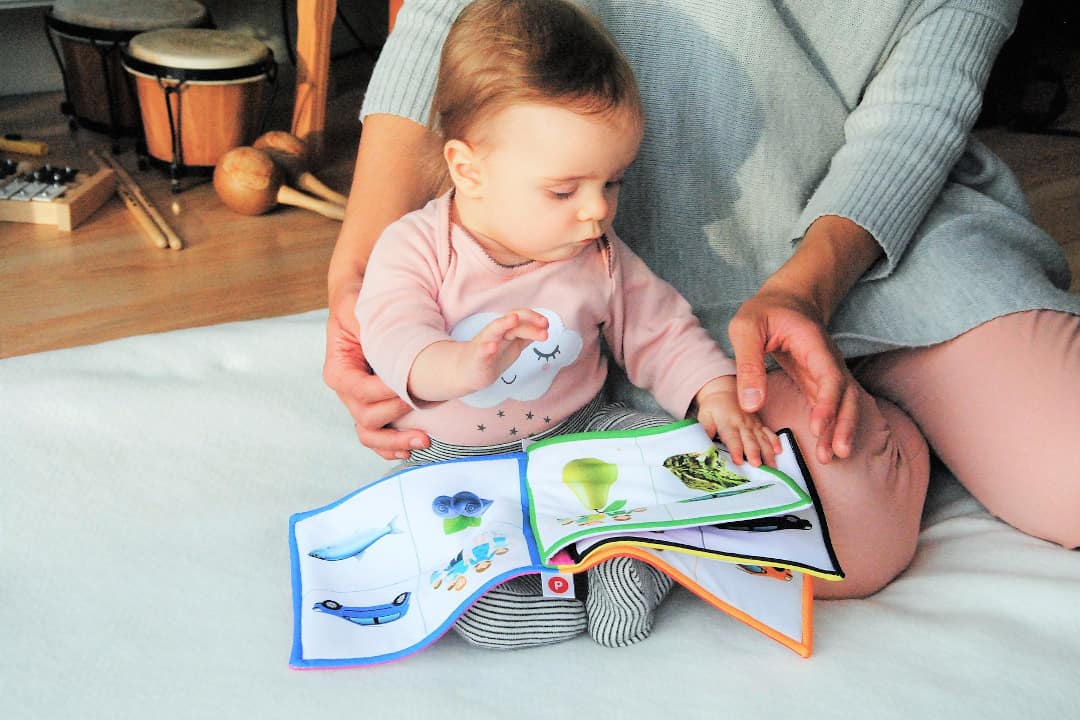How attachments shape our life
Our theme this month is attachments and this article will focus on the importance of childhood attachments and the many ways it can influence our adult lives socially, emotionally and physically.
At a very basic level, we know that babies have a survival instinct and so the need to stay close to their mother or primary caregiver is spurred on not only be the need to stay alive and be comforted but also to have physical needs met, such as being carried and fed. We see this all around us in nature with animals taking care of their young in most cases until they are strong enough to face the world alone. This is obviously a longer process with humans and with more than just the reptile brain to form; human babies will form a large percentage of their brains outside of the womb and create neuron pathways from their first experiences that are cemented over time.
Babies will therefore naturally want to stay near their primary caregiver and they will do this by exhibiting a number of behaviours, such as crying, smiling and physically moving towards the caregiver. When proximity is threatened, the behaviours will be different and we see a different type of crying that is associated with distress. We can take away from this that infants who can stay close to their primary caregiver have a higher chance of being emotionally content, healthy and observant. The importance then of not separating mother and child has huge implications that still needs to be enforced in the current climate we are living in where many institutions are not recognising the significant damage that is being caused by forced separations or the dire consequence of separating a mother from her newborn baby in hospital.

Psychologist John Bowlby was the first to look at attachment theories. He coined the term maternal deprivation and stressed the importance of mothers staying close to their infants, especially in the first two years of their lives. He recognised that if this bond was continually disrupted then it could affect the child’s long-term and create cognitive, social and emotional difficulties. Some examples of negative behaviours that could be exhibited in adults whereby this bond was disrupted could be aggression, depression and a lack of empathy.
He discovered that a child’s development relied heavily on the strength of the attachment the child had to their primary caregiver. He found that infants who had a secure attachment to their caregiver were more secure in themselves and felt safer to explore and observe their environment, which gave them a chance to observe and learn, compared to those infants who were not secure in their attachment and did not feel their needs were being met. As a result, these infants had to expend more energy on trying to get their needs met by crying and exhibiting other types of anxious behaviour.
Mary Ainsworth, another psychologist, further developed these ideas in her own research on attachment behaviour. Her studies suggest that the varying level of attachments children have to their parents can produce different types of behaviour that a child will engage in for the purpose of creating a more secure attachment. She has broken them down into three types: secure attachment which produces secure behaviour, anxious attachment which can take the form of anxious-resistant or anxious-avoidant, and disorganized attachment. The secure children would be upset when separated from their parents but would settle when they returned.
Further research (Hazan and Shaver, 1987) has been done to show that these attachment styles can follow us into our adult relationships as we almost ‘replicate’ the situation in which we grew up, and we are attracted to the most familiar attachment styles to the one we had from our primary caregiver. So the significance of this is tremendous as being aware of these attachment styles could help us navigate our relationships better. Our articles for this month will be focusing on these different parental attachment styles and how they play a role in a person’s life from childhood to adulthood.

Our early attachments pave the way for our beliefs about ourselves and the world we live in. If we experience stress, neglect, not getting our needs met or abandonment early on in our lives, then we can create a rhetoric that tells us that the world is a scary place where we are not safe or that we may never get our needs met and continue to be disappointed. This could affect the way we attach ourselves to people, if at all. Having positive early attachments not only allows us to create a more positive outlook but the feeling of security that was given early on allows the child to develop quicker and will continue to allow them to succeed and excel.
However we cannot say that those children who came from neglected childhoods will not succeed or end up behaving in a certain way. But, those who have a more loving and reliable childhood may have an advantage. We have all heard stories of successful and inspirational people who had difficult childhoods but who had one person who believed in them which allowed them to create a more positive narrative. So despite the research, we see that in society many people can take on this caregiver role and nourish the child or young adults. Also, many of us often find ourselves in a relationship that will support us in healing ourselves from our past experiences and in becoming more self aware of these behaviours so that we can effectively break old patterns.
From an Islamic perspective, there are many stories of those who had harsh childhoods or no mother figure but placed their attachment in Allah (SWT) and found themselves elevated and their troubles eased. The importance that Islam places on the role of a mother in her child’s life is undeniable. Mothers are promised spiritual reward akin to worship for feeding and caring for their infants in the early years. The attachment of mother and child is one that stays with us from the beginning until the end with Jannah (heaven) being at her feet.
However, we are told that the strongest attachment is that with Allah (SWT) as it is the only one that cannot be broken and where there will be no disappointment. Even Allah (SWT) refers to Himself as having more love for us than our mothers.
“Allah is more merciful to His servants than a mother is to her child.”
Bukhari & Muslim
So, what else could ensure our survival, elevate our peace and strengthen our faith more than that?

Do you have any experiences to share about strengthening attachment to Allah (SWT)?





Hello Faizah Malik, how are you?
Thank you for email masseg and i read.
Nice to meet you.
Have a nice day.
Good luck
Thank you much